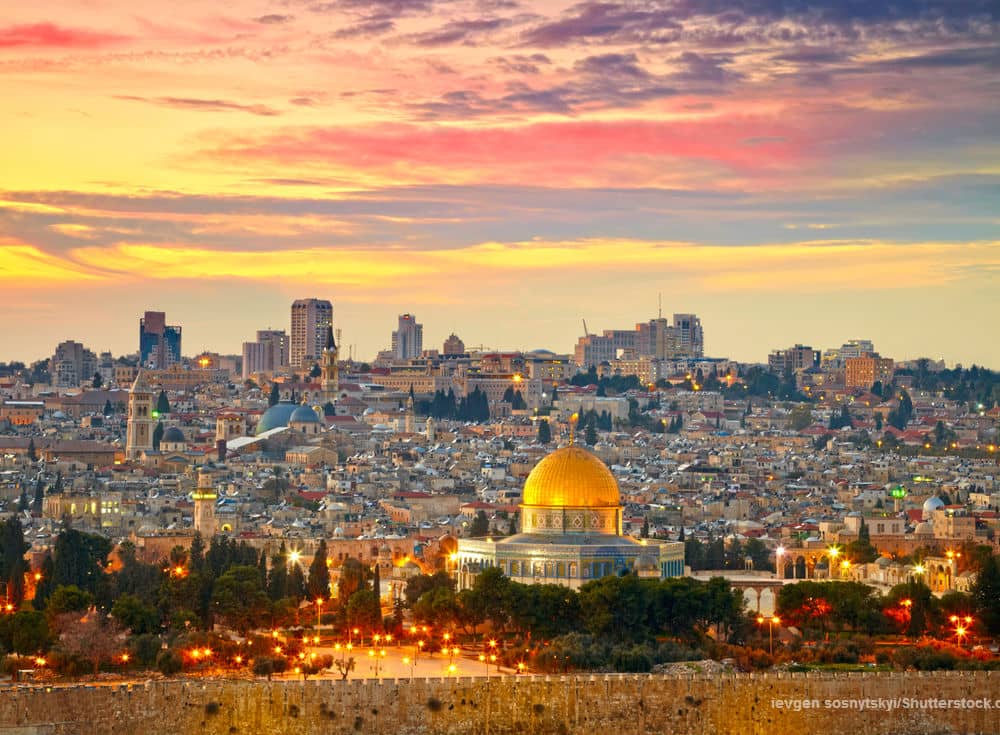This assertion ran counter, and still runs counter, to the cliche that if only the combatants "got religion," the wars would disappear and those who have been shooting at each other would mend their ways.
This image of the religions as peacemakers is patently false. On the contrary, it is quite true, today, before our eyes, that many passionate believers in their own traditions have no compunction about encouraging and even fomenting murderous attacks against those who belong to a different faith. In the present warfare between Palestinians and Israelis, the Palestinian rioters did not hesitate to destroy a Jewish shrine, the Tomb of Joseph in Nablus, moments after the Israeli guards left and entrusted the safety of this holy place to the Palestinian police. Several days later, the representatives of the Palestinian Authority detained four Israeli soldiers in the police station in Nablus, but did not or could not protect them from the mob that stormed the station and lynched two of them. On the Israeli side, the angry counterdemonstrations and the military response to the lynching of the two Israeli soldiers in Ramallah expressed more religious than even nationalist anger.
One of the sources of the present rage is Ehud Barak's offer of most of the Holy City of Jerusalem--the center that contains the great religious shrines of Judaism, Christianity, and Islam--to the Palestinians, and that nonetheless his offer was rejected by Yasser Arafat. That he made the offer outraged many Israeli fundamentalists; that the offer was rejected persuaded many more Israelis that the Palestinians do not want peace on any terms that represent a pragmatic compromise.
Therefore, I am emphasizing again that it is simply not true that the religions have a major, self-evident role in bringing peace. On the contrary, they need to reform themselves so that they become more peaceful. In each of the biblical traditions, there are elements enjoining kindness to the stranger, understanding for his needs and his traditions, and an awareness that the one God is the God of all humanity and that He wants all His children to make peace with each other. It is clear that those teachings are not the ones being emphasized by today's combatants.
Religion will make a contribution to peace only when the major traditions, whether in the Middle East or Yugoslavia or Africa, learn to emphasize that side of their teachings that points to love rather than hatred, or, at the very least, reminds all men and women that they should tolerate each other. Until that day, it would be best if the religions got out of this conflict.
So long as people believe they are killing other people in the name of God, to carry out His will, there can be no compromise. Such believers can foment atrocities of the most heinous kind while feeling good because they are "carrying out the will of God." Compromise is possible only among believers who are willing to accept that accommodations that make peace are better than holy wars.

